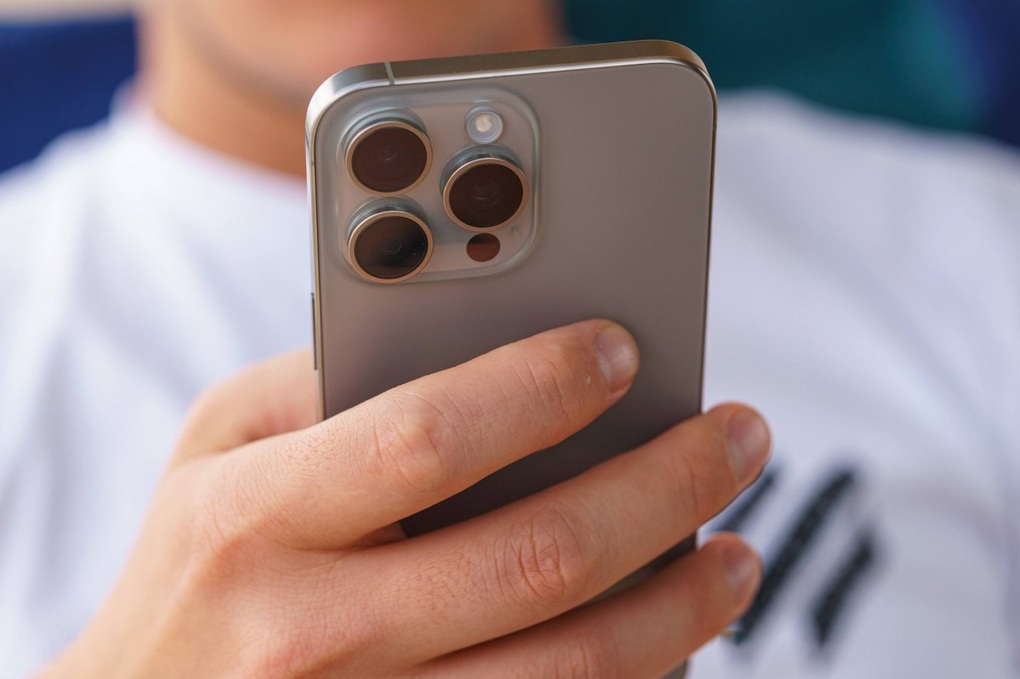According to Digitimes, the iPhone 17 Pro will be the first iPhone to use a processor manufactured on TSMC's 2nm process.

Some sources even say that the iPhone 17 Pro will be the first smartphone equipped with this chip.
Earlier this year, Apple contracted TSMC for its entire 2nm manufacturing process for the initial phase of operations, which is expected to be used to produce Apple Silicon chips for future Macs.
iPhone 17 Pro will be the first iPhone to use a processor manufactured on TSMC's 2nm process (Photo: GSMArena
According to MacRumors , the iPhone 17 generation will be equipped with a screen with a Ceramic Shield outer glass layer, which is more anti-reflective and scratch-resistant than previous versions.
The source revealed that the new Ceramic Shield glass has been delivered to the supply chain in China. However, it will not appear in time for the iPhone 16 product line expected to launch this coming September.
The iPhone 17 Pro and iPhone 17 Pro Max are expected to be the first iPhones to feature the Face ID facial recognition system under the screen. Meanwhile, the selfie camera will still be designed in a hole-punch form.
According to analyst Jeff Pu, the iPhone 17 Pro will be equipped with the company's own WiFi 7 and Bluetooth chips. Previously, ET News also revealed that Apple is planning to design its own batteries for the iPhone. This technology is expected to be applied from the iPhone 17 generation.
The iPhone 16 and iPhone 16 Plus duo will have a new camera cluster layout on the back. The main camera system of the device will be made neater with two vertically placed lenses, similar to the iPhone X.
Meanwhile, the LED flash will be placed outside the camera cluster. This change helps the overall design of the back become more minimalist and harmonious compared to recent iPhone generations.
This is a small change but will contribute to increasing the recognition of the new generation of iPhone devices. Apple often uses these details to create design highlights for users. Meanwhile, the appearance of the two Pro versions is almost unchanged.
